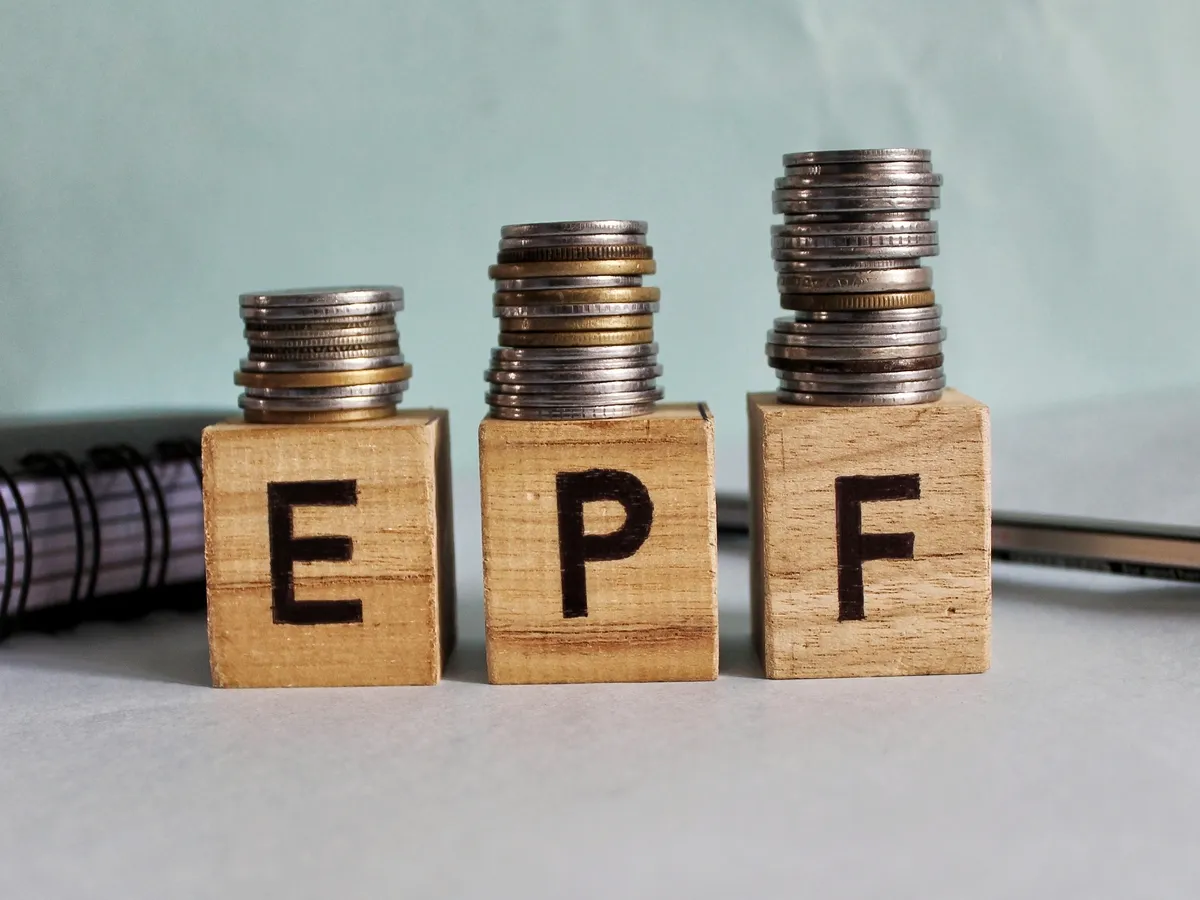Personal Finance News
EPF Partial Withdrawal: Check conditions for withdrawing PF money before retirement
.png)
4 min read | Updated on August 26, 2024, 12:07 IST
SUMMARY
The amount in your EPF account can be partially or fully withdrawn. The complete withdrawal of money from the EPF account is allowed only in two cases, when a PF subscriber retires or remains unemployed for more than two months.

For the FY 2024-25, the interest rate for the EPF scheme has been fixed at 8.25%
Employees Provident Fund (EPF) is a retirement savings scheme for salaried employees in India. The retirement scheme is managed by the Employees’ Provident Fund Organisation (EPFO), a statutory body under the Union Ministry of Labour and Employment.
As per the scheme, the employee contributes 12% of the basic salary and dearness allowance (DA) towards the EPF every month. An equal amount is contributed by the employer. The interest rate for the EPF scheme is fixed by the government periodically and for the FY 2024-25, the interest rate has been fixed at 8.25%. The amount in your EPF account can be availed as a loan or can be withdrawn for use in certain situations.
Partial and Full Withdrawal
The amount in your EPF account can be partially or fully withdrawn. The complete withdrawal of money from the EPF account is allowed only in two cases, when an individual retires or remains unemployed for more than two months.
Partial EPF withdrawal is allowed only for certain special purposes such as medical purposes, marriage, home loan repayment, home renovation and financing education. Here’s a look at the rules regarding partial EPF withdrawal:
Medical needs
Employees can withdraw either six times their monthly basic salary or the entire amount in the EPF account along with interest (whichever is lesser) for medical expenses. The facility to make this withdrawal is available without any minimum service tenure requirement. The money can be withdrawn for the medical treatment of the account holder, their spouse, children or parents.
Funding Wedding Expenses
Once an employee completes seven years of service, he or she can withdraw up to 50% of the employee’s contribution to EPF for the purpose of funding the cost of their marriage or the marriage of their son, daughter, brother or sister.
Funding Cost of Education
Once an employee completes seven years of service, they are eligible to withdraw up to 50% of the employee’s contribution to funding the cost of their education. This amount can also be withdrawn to fund the education of the account holder’s child post-matriculation.
Purchase and Construction of Property
After completing a five-year service period, employees are eligible to withdraw up to 24 times the monthly basic salary plus dearness allowance for the purpose of purchasing land. Similarly, employees can also withdraw up to 36 times their monthly basic salary and DA for constructing their house, subject to the total cost. To make this withdrawal the property needs to be owned in the name of the employee or owned jointly with the spouse. This withdrawal is permitted only once.
Repayment of Home Loans
Employees who have served for a minimum tenure of ten years are eligible to withdraw money for the repayment of home loans. Employees can withdraw 36 times the monthly basic salary and DA, the total Provident Fund balance or the outstanding principal and interest, whichever is the lowest. Additionally, the property for which the loan repayment is going on has to be owned by the employee or owned jointly with the spouse.
Home Renovation Expenses
Employees can withdraw money from their EPF account for funding expenses related to home renovation. The amount withdrawn can either be 12 times the basic monthly salary and dearness allowance, the employee’s contribution with interest or the total cost of home renovation. This withdrawal is only allowed at least after 5 years of service and the property should be in the name of the EPF subscriber or jointly owned with the spouse.
Pre-Retirement Withdrawal
Once an employee reaches 58 years of age, he or she can withdraw up to 90% of the total balance they have along with the interest accrued.
By signing up you agree to Upstox’s Terms & Conditions
About The Author
Next Story

